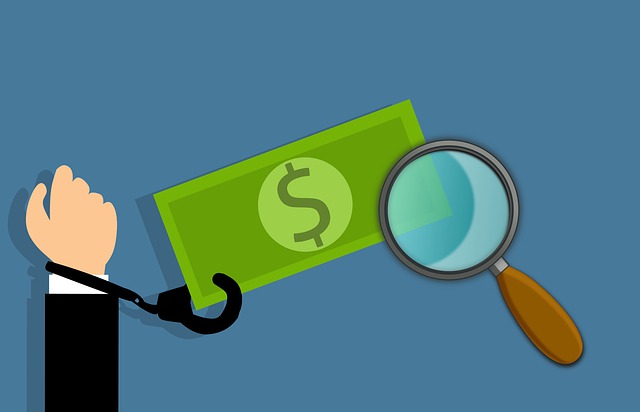
The Board’s (Almost Mandatory) Role in Form 990 Preparation
07.24.2024 | Linda J. Rosenthal, JD

Charity Fraud Awareness Week 2023 kicked off earlier today with a one-day opening conference in London.
For those charitable-organization representatives lucky enough to attend in person, there was a (scheduled) review of the results of the 2023 annual survey as well as presentations and discussions on a “wide range of topics with speakers from the public, private and charity sector, all collaborating in order to best support charities against fraud.” See our post from last week: Charity Fraud Awareness Week Begins November 27th (November 21, 2023).
But there are participation opportunities this week for the rest of us as well. The first of three online, free-of-charge, webinars, is tomorrow morning, Greenwich Mean Time. (Here in the PST zone, that’s 2 am overnight, but it will be available on demand afterward.)
Now, in its eighth year, the sponsors of Charity Fraud Awareness Week emphasize the continuing (and growing) importance of widespread participation in the global effort to combat charity fraud. “Every charity, NGO and not-for-profit is susceptible to fraud and cybercrime by criminals exploiting the current global crisis. Charities need to be aware of the risks and take steps to keep their money, people and data safe. Together, we can #StopCharityFraud.”
The campaign to #StopCharityFraud (and Charity Fraud Awareness Week, in particular) is aimed at everyone in the charitable community – from board members to volunteers – as well as professional advisors, government officials and lawmakers, and “anyone else who wants to protect the sector and the crucial work it does.”
Among the recommended ways to get involved – (in addition to joining one of the live webinars!) – are: (1) hosting an event or team meeting; (2) running a fraud awareness session; (3) writing an article for your website or intranet; (4) using and sharing the free resources; and (5) taking part in the social media campaign under the hashtag #StopCharityFraud – which is active right now.
On the website of co-sponsor PreventingCharityFraud (prevent charity fraud.uk.org) is a dedicated section titled “Resources.” The purpose: “Understand the risks and get the tools to better protect your charity from fraud and cybercrime.” There are eight subsections, including –
Additional subsections under the Resources tab include: Case Studies; Research; and Useful Links to sites in Australia, New Zealand, the United Kingdom and the United States.
“We continue to run this campaign to support charities,” says the Fraud Advisory Panel’s Laura Hough, “as fraud is still having a far-reaching impact across the sector and the risks of fraud are constantly evolving, as fraudsters take advantage of crises as they arise, as well as exploiting developments in technology.”
She adds: “In recent times we have seen fraudsters exploit the Covid-19 pandemic and this has been swiftly followed by the cost-of-living crisis. In addition to evolving areas of risk, many of the core areas of vulnerability still remain, as charities continue to suffer from procurement fraud, payment diversion fraud, expenses fraud and also donation and grant fraud.”
– Linda J. Rosenthal, J.D., FPLG Information & Research Director
